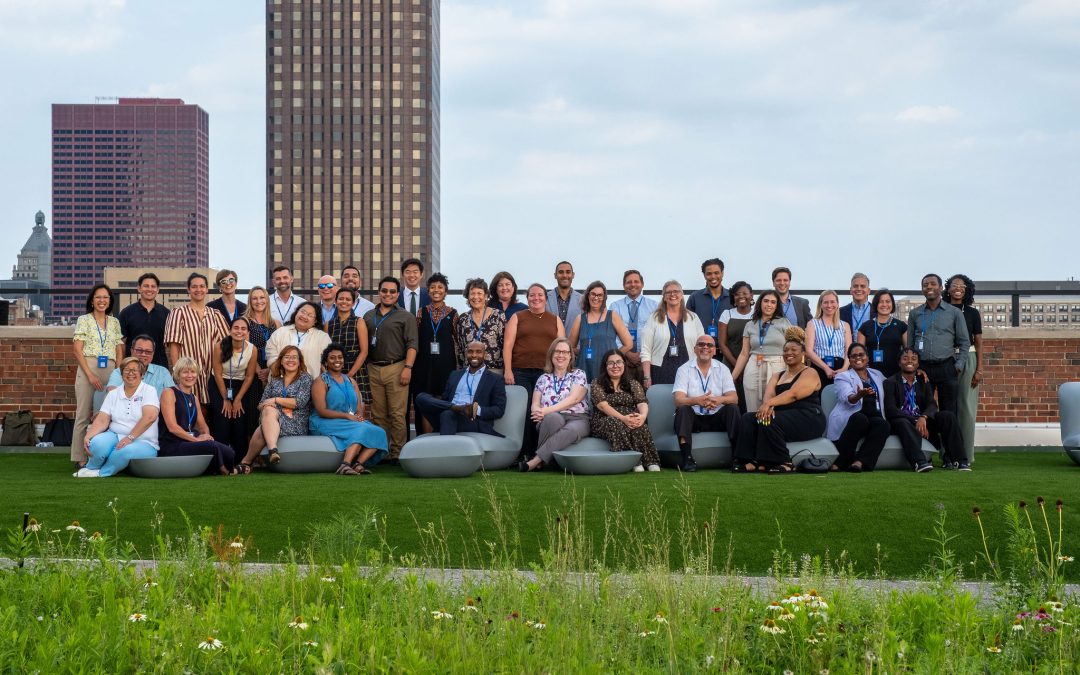About this session
Increasing population and rapid urbanization have made cities around the world vulnerable to water related risks like floods, water scarcity, polluting water bodies and water stagnation. The intensity and frequency of water related shocks and stresses in Indian cities have been alarming in recent years due to urbanization and related development like construction in no development zones, depleting areas for water percolation, waste polluting water bodies etc. To overcome these challenges, strategic development measures are being adopted by cities to build water resilience.

Ishleen Kaur, Senior Environment Specialist, National Institute of Urban Affairs, provided an overarching view of initiatives that are being undertaken for water resilience in India. This included the ‘Climate Smart Cities Assessment Framework’ launched by the Ministry of Housing and Urban Affairs wherein water resilience as a key focus area was identified. This led to the identification of key focus areas towards which investment could be guided. A ‘River Cities Alliance’ has been established as a dedicated platform for river cities to encourage peer learning, provide technical, handholding support and develop guidelines and tools for sustainable management of urban rivers, with more than 100 cities now part of the alliance. An Urban River Management Plan framework, guidelines for river sensitive master plans and a diagnostic tool for urban water bodies are also developed for sustainable river management. Given the traditional legacy of usage of groundwater, shallow aquifer management is also focused on. Bringing back traditional wisdom with a focus on functionality and sustainability has been the path for water resilience in Indian cities.

Dr. Somenath Bhattacharya, Ex-Senior Environmental Consultant, Ministry of Environment, Forests and Climate Change, Government of India presented the case of groundwater resources management in Kolkata, West Bengal, a city with unique strata which causes the groundwater to be in confined or semi-confined condition, leading to negligible groundwater recharge during monsoon. The rate at which groundwater is extracted is far higher than the rate at which it is replenished, causing a situation of continuous stress and depletion. These issues can be mitigated by strictly following the Reuse, Reduce, Recycle’ principles for development, strict monitoring by the institutions, suitable rainwater harvesting technologies and conservation of wetlands. East Kolkata Wetlands, a series of shallow-water sewage-fed fisheries, have been one of the best practices in the city restoring the wetlands and creating livelihoods for local residents of the city.

Dr. Nisha Mani, Projects Manager, The Nature Conservancy presented the case of nature-based approach towards eco-restoration of Sembakkam lake, an urban wetland in Chennai, Tamil Nadu. A scientific assessment of the wetland has been undertaken including mapping, hydrology, water quality, geological conditions, community engagement through focused group discussions etc. based on which the water restoration plan is made. Bund strengthening, dredging and nature-based wastewater treatment solutions are adopted for the sustainability of the initiative. The restoration has led to an increase in water storage capacity, ground water replenishment, improved biodiversity habitat and connecting the people to natural green spaces in the city.




